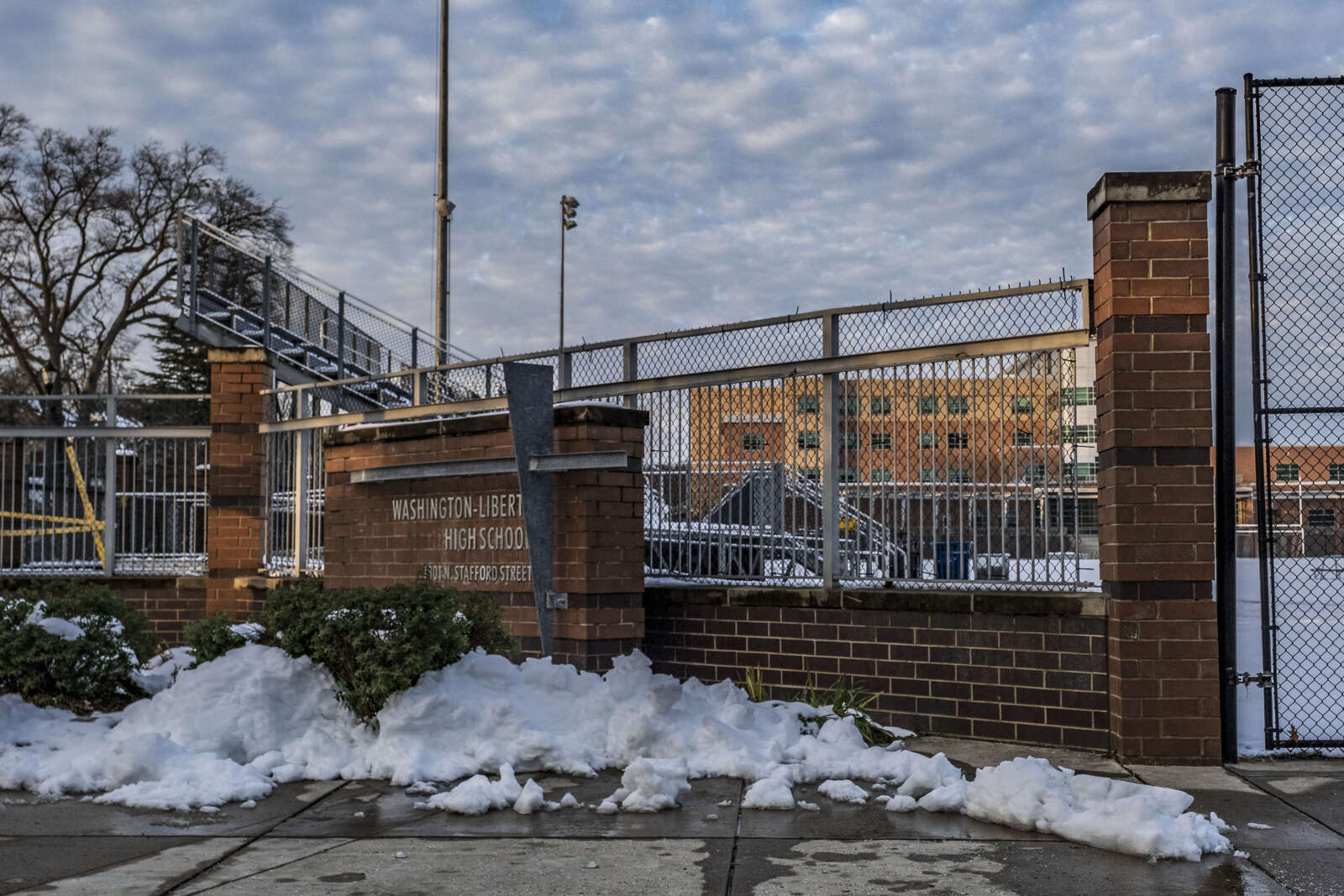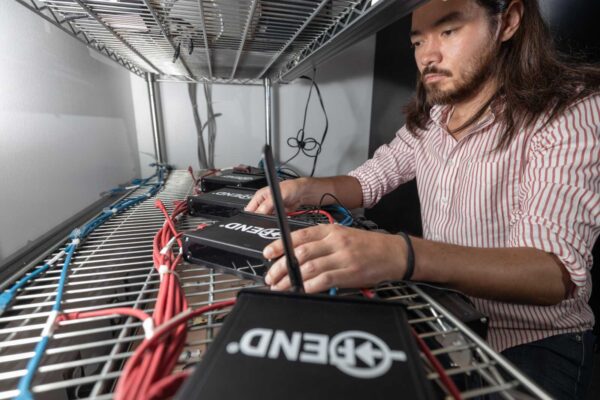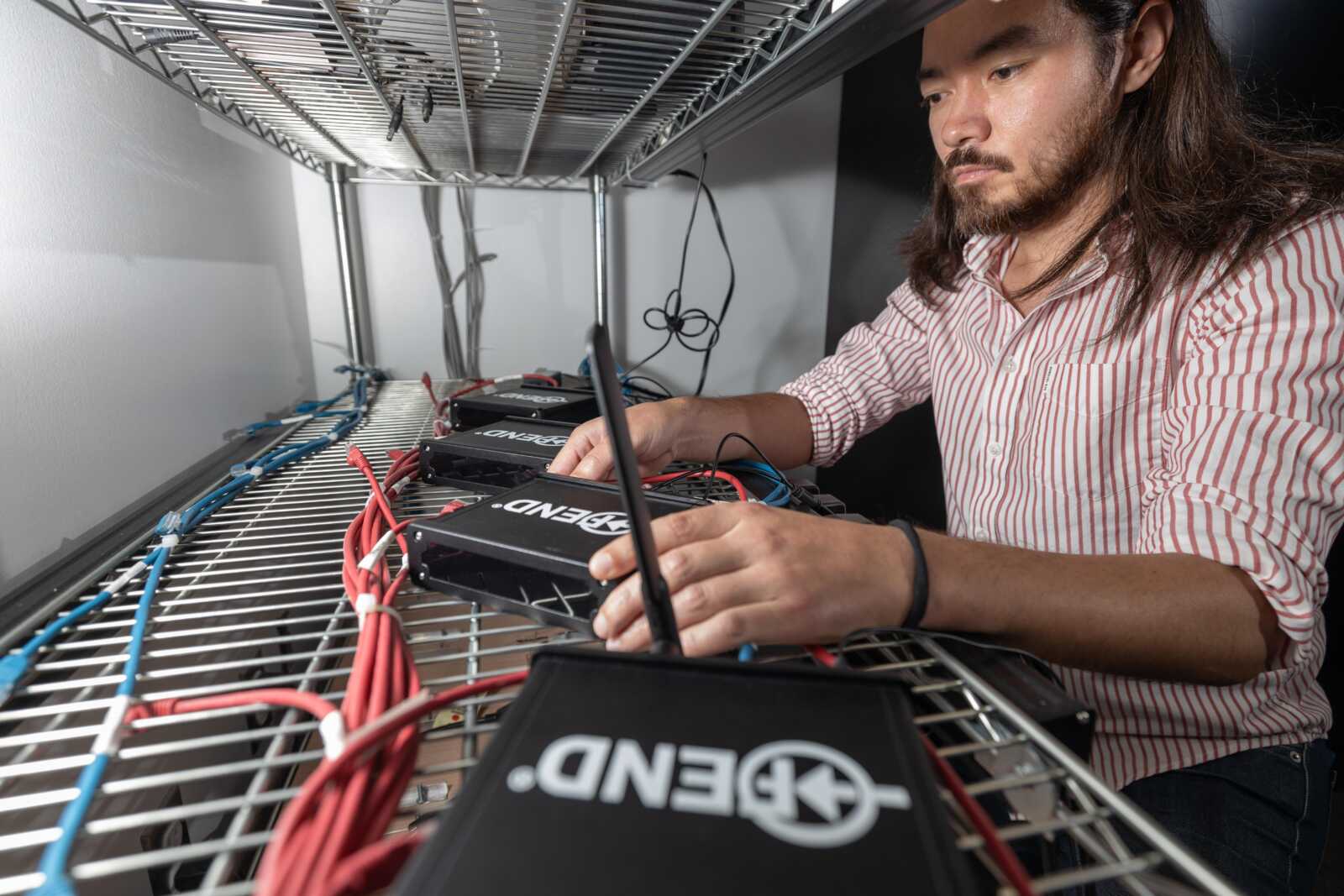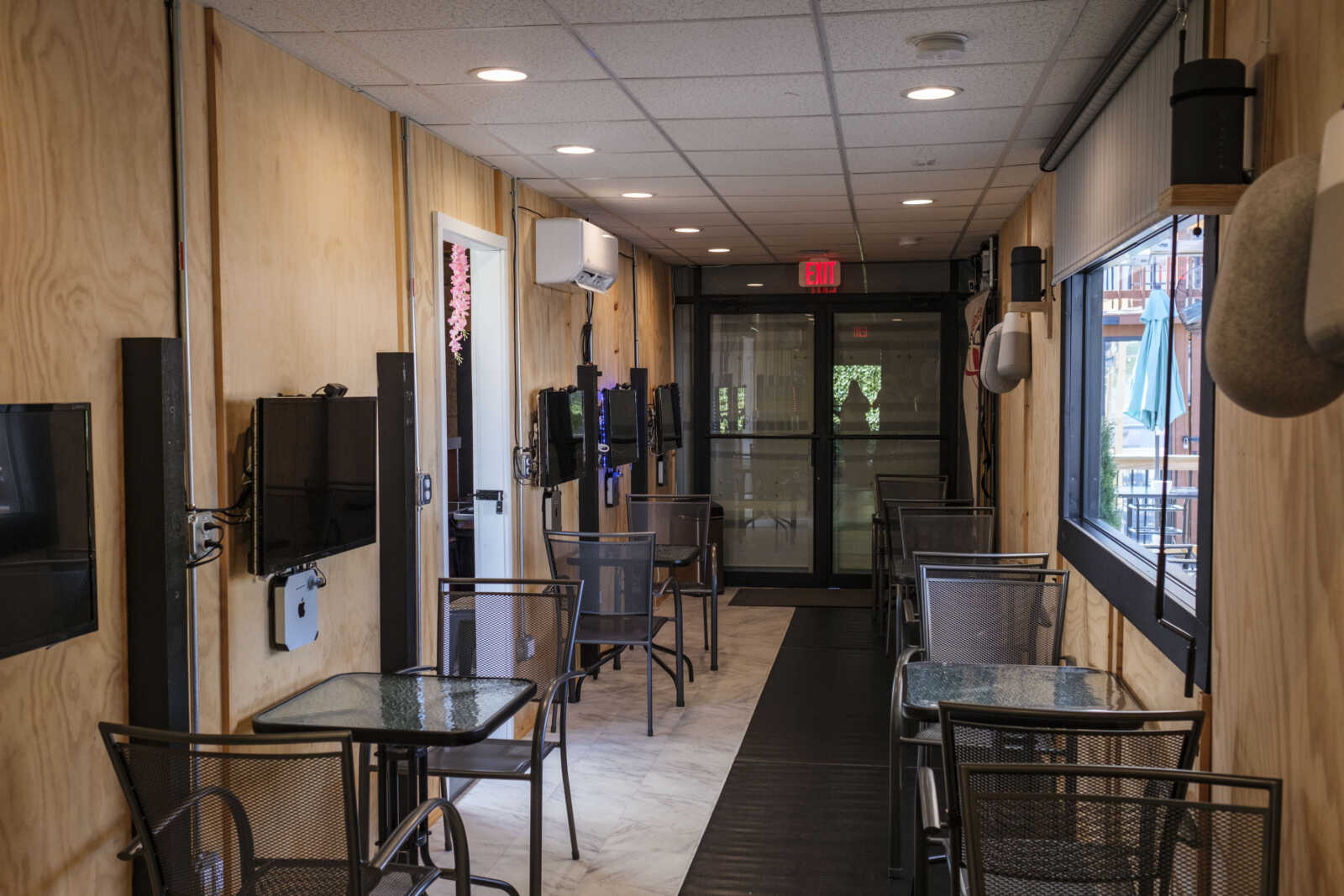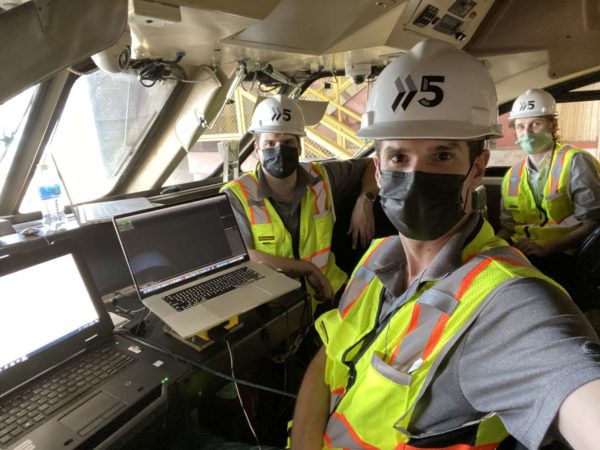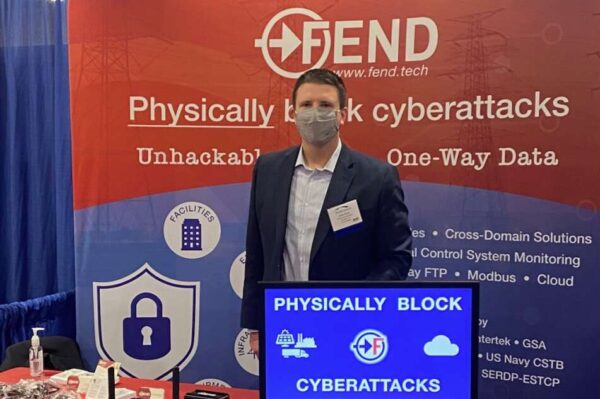
(Updated at 4:55 p.m.) Arlington Public Schools experienced a data breach this week affecting information it collects for visitors to school buildings.
The school system notified people of “externally exposed” data in a message sent this afternoon (Friday). The breach is part of a broader leak, reported this morning, affecting some schools in the U.S. that, like APS, use a visitor management system from Raptor Technologies.
“Arlington Public Schools was contacted this week by our Visitor Management System vendor, Raptor Technologies, regarding the discovery of some APS data that was externally exposed for an unspecified timeframe,” Chief Operating Officer Dr. John Mayo said in the message, which APS shared with ARLnow.
“At this time, we do not know what specific APS information was exposed or if it was accessed by anyone,” he continued.
The leaked information could relate to government-issued IDs.
The visitor management software that Raptor Technologies offers screens each visitor’s government-issued ID card against sex offender registries in all 50 states and “an unlimited number of custom databases,” according to its website.
This information is collected when visitors enter and exit a building, according to someone familiar with how APS uses the system. The technology also scans APS ID badges, for those who have them, and is used partly for substitutes to record when they show up for work.
Visitors receive a badge with their photo, name, role, destination and date and time of entry, according to Raptor.
APS says Raptor took action after learning of the breach.
“Upon learning of the breach, Raptor secured the accessible information and initiated an investigation,” Mayo’s message said. “This issue has affected many school systems nationwide, not only APS. For your awareness, this system is used to manage visitors and volunteers entering our facilities. APS utilizes a limited number of services offered by Raptor, compared to the full range of its capabilities.”
The school system says it is working with Raptor and will give updates as it learns more information.
“The safety of our students, staff and community is our utmost priority, and we will continue working with Raptor to ensure that all necessary steps are being taken to safeguard the information in Raptor,” Mayo said.
This was not the only tech issue that APS faced this week.
It appears APS used up all of its allotted Google cloud storage space — 122 terabytes, or roughly 5 gigabytes per user — according to June Prakash, the head of the local teachers union, Arlington Education Association.
“Some staff could not access email or other documents including plans for the upcoming days,” she said.
On Saturday, APS got to work to resolve issues some users reported, including being unable to save documents, according an email sent to staff. By Monday, “the issue reported with Google has been resolved,” a follow-up email said.
An APS spokesman later said the brief disruption was caused by a “service subscription issue between our retailer and Google,” and the school system worked to ensure the service was restored on Monday morning.
Photo via Burst/Unsplash


